
The ruling no. 44340 of 2024 on conditional suspension of the sentence: meaning and implications.
Let's analyze ruling no. 44340 of 2024 from the Court of Appeal of Salerno regarding the reiteration of conditional suspension of the sentence, exploring the legal principles and regulations that support it.
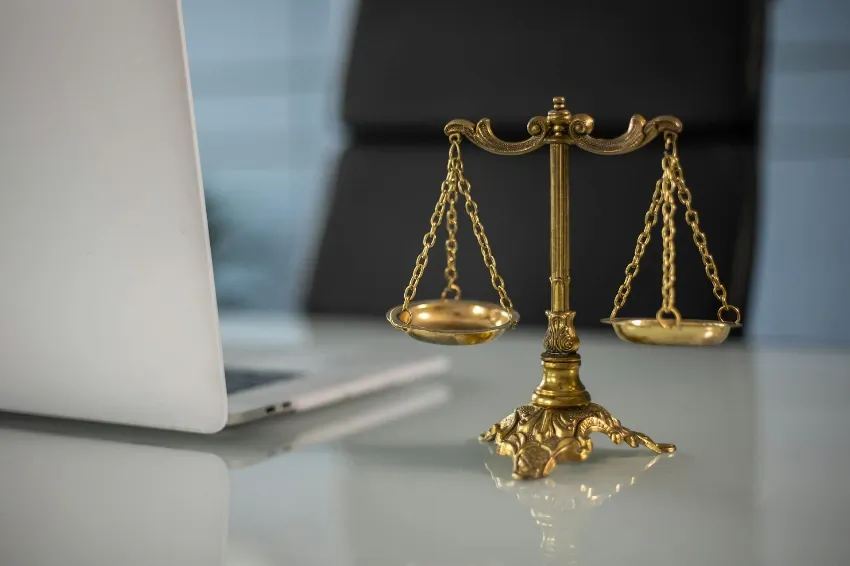
Commentary on Judgment No. 46231 of 2024: Non-Punishability for Slightness of the Fact.
Let’s analyze judgment no. 46231 of 2024 regarding the cause of non-punishability for the particular triviality of the act, highlighting the legal implications and the necessary conditions for its application.
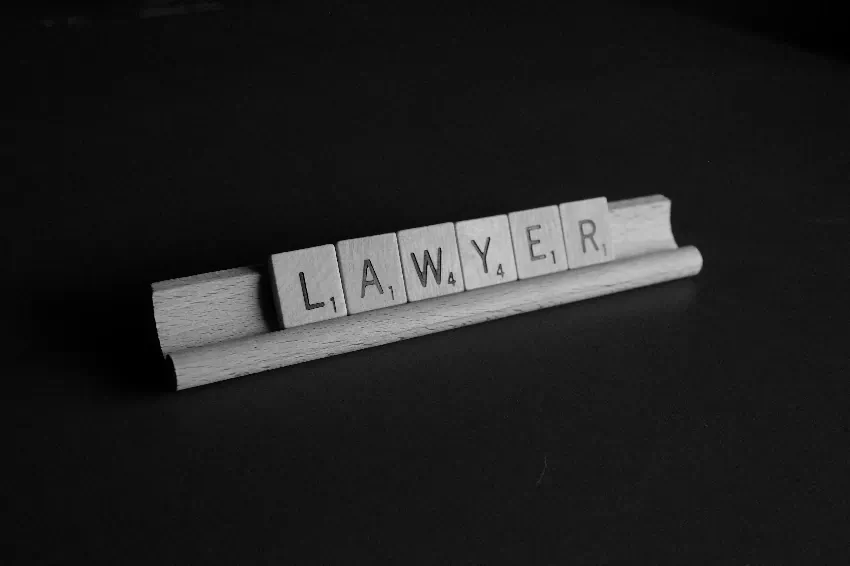
The configurability of the crime of fraud according to ruling no. 45599 of 2024
The recent ruling of the Court of Cassation clarifies the configurability of the crime of fraud, highlighting the importance of the causal link between the inducement to error and the economic damage suffered, even in the absence of direct contacts.
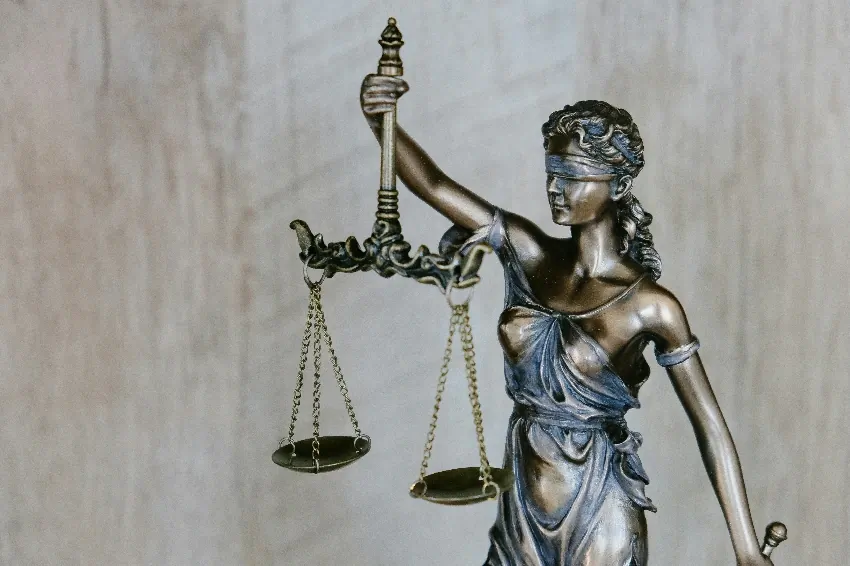
Commentary on Judgment No. 44256 of 2024: Reflections on the Aggravating Circumstance in Cases Involving Minors.
Let us analyze ruling no. 44256 of 2024 concerning the aggravating factor referred to in Article 112, paragraph one, no. 4, of the Penal Code, which excludes the assessment of the minor's capacity in the commission of a crime with adult individuals.
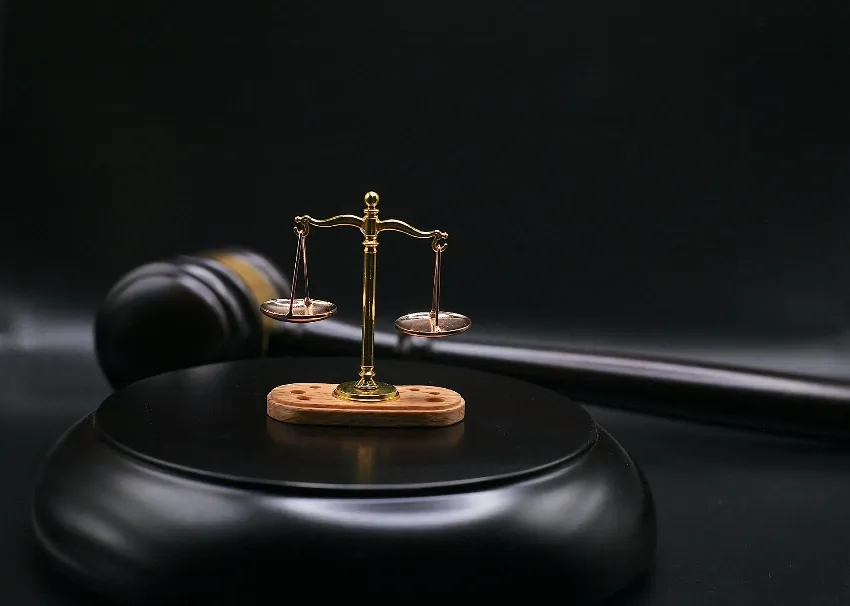
Commentary on Judgment No. 44502 of 2024: New Registrations for Ongoing Crimes
Let’s analyze the recent ruling no. 44502 of 2024, which clarifies the possibility of new registrations in cases of ongoing crimes and the usability of the elements that emerged. An in-depth look at the legal and jurisprudential implications.
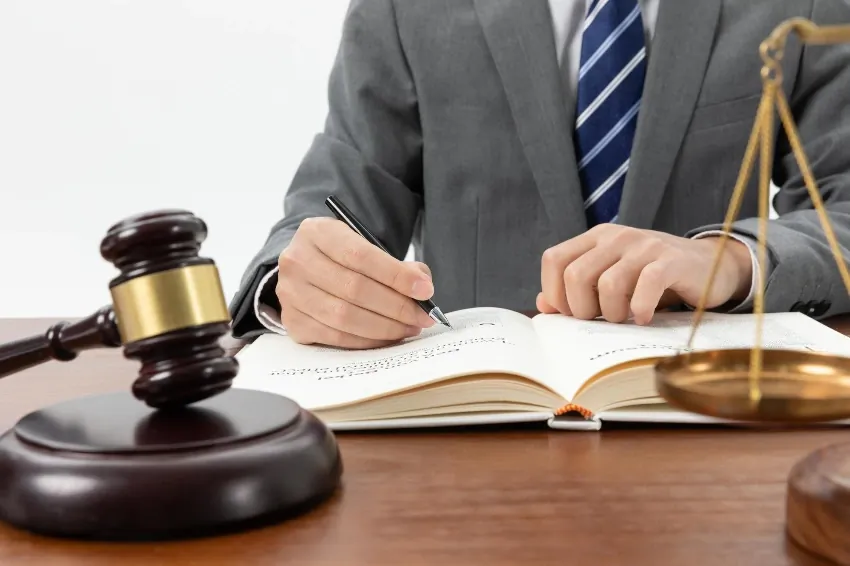
Revocation of conditional suspension of the sentence: analysis of ruling no. 44296 of 2024
The recent ruling of the Court of Cassation clarifies the limits of the revocation of conditional suspension of the sentence, even in the presence of extinction of the crime, establishing fundamental principles for criminal law.

Commentary on the Judgment of the Court of Cassation, Criminal Section III, No. 6218 of 2018: Reflections on Drug Offenses and Favoritism.
Let's analyze the 2018 ruling of the Supreme Court regarding important issues related to drug possession and aiding and abetting, highlighting the legal and jurisprudential implications.

Commentary on the Judgment of the Court of Cassation, Criminal Section VI, No. 26740 of 2020: Corruption and Drugs in Penal Institutions.
Analysis of the Supreme Court ruling regarding corruption and trafficking offenses within a juvenile detention facility, highlighting the legal principles applied and the consequences for the defendants.

Disclosure of official secrets: commentary on Cass. pen., Sez. VI, Judgment, 21/11/2019, n. 4512
Let's analyze the ruling of the Court of Cassation that outlines the distinction between the crime of disclosure of official secrets and the concurrence of offenses, with particular attention to Article 326 of the Penal Code.
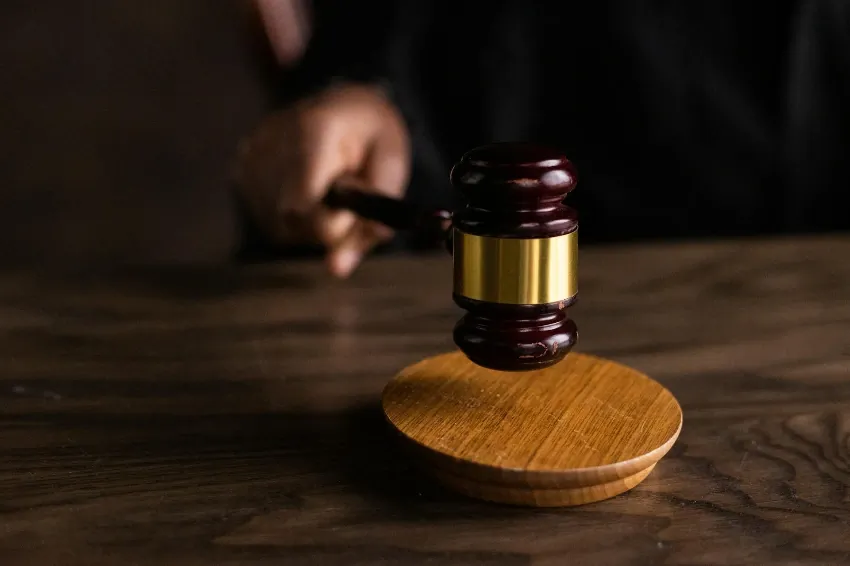
Cass. pen., Sec. II, Sent. No. 21618 of 2024: Reflections on Receiving Stolen Goods and the Identification of the Underlying Offense.
The recent ruling of the Court of Cassation offers food for thought on the need to identify the criminal origin of the money in cases of receiving stolen goods, highlighting the legal and jurisprudential implications of this requirement.